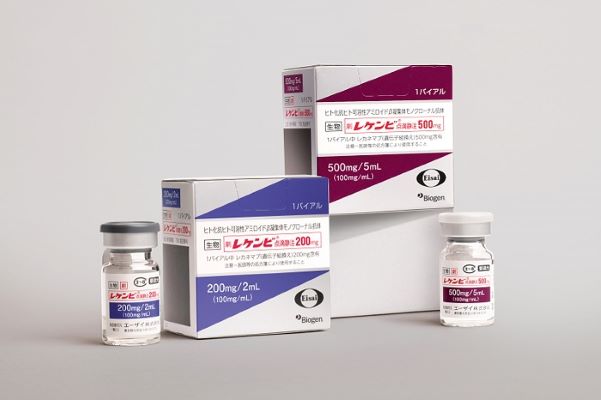LEQEMBI was initially approved in China in January 2024 for the treatment of Alzheimer’s disease in patients with mild cognitive impairment

Eisai Co. and Biogen announced that the National Medical Products Administration (NMPA) of China has approved a new intravenous (IV) maintenance dosing regimen for LEQEMBI, a humanized anti-soluble aggregated amyloid-beta (Aβ) monoclonal antibody, for the treatment of early Alzheimer’s disease.
With this approval, patients who have completed an 18-month initiation phase at a dose of 10 mg/kg every two weeks may now transition to a maintenance regimen of 10 mg/kg once every four weeks. Alternatively, patients may continue on the every-two-week dosing schedule. LEQEMBI was initially approved in China in January 2024 for the treatment of Alzheimer’s disease in patients with mild cognitive impairment (MCI) or the mild dementia stage of disease, collectively referred to as early Alzheimer’s disease.
Alzheimer’s disease is a progressive, devastating neurodegenerative condition characterized by the accumulation of amyloid-beta plaques and tau tangles in the brain. It is driven by a continuous neurotoxic process that begins before amyloid plaque accumulation and persists even after plaque removal. Clinical and scientific evidence has shown that Aβ protofibrils and tau tangles both play critical roles in driving neurodegeneration. LEQEMBI is the only approved therapy that addresses Alzheimer’s disease by targeting both amyloid plaque and protofibrils, which may also influence downstream tau pathology.
Eisai estimates that as of 2024, there were approximately 17 million people in China living with MCI or mild dementia due to Alzheimer’s disease, a number expected to grow as the population ages.

Subscribe To Our Newsletter & Stay Updated